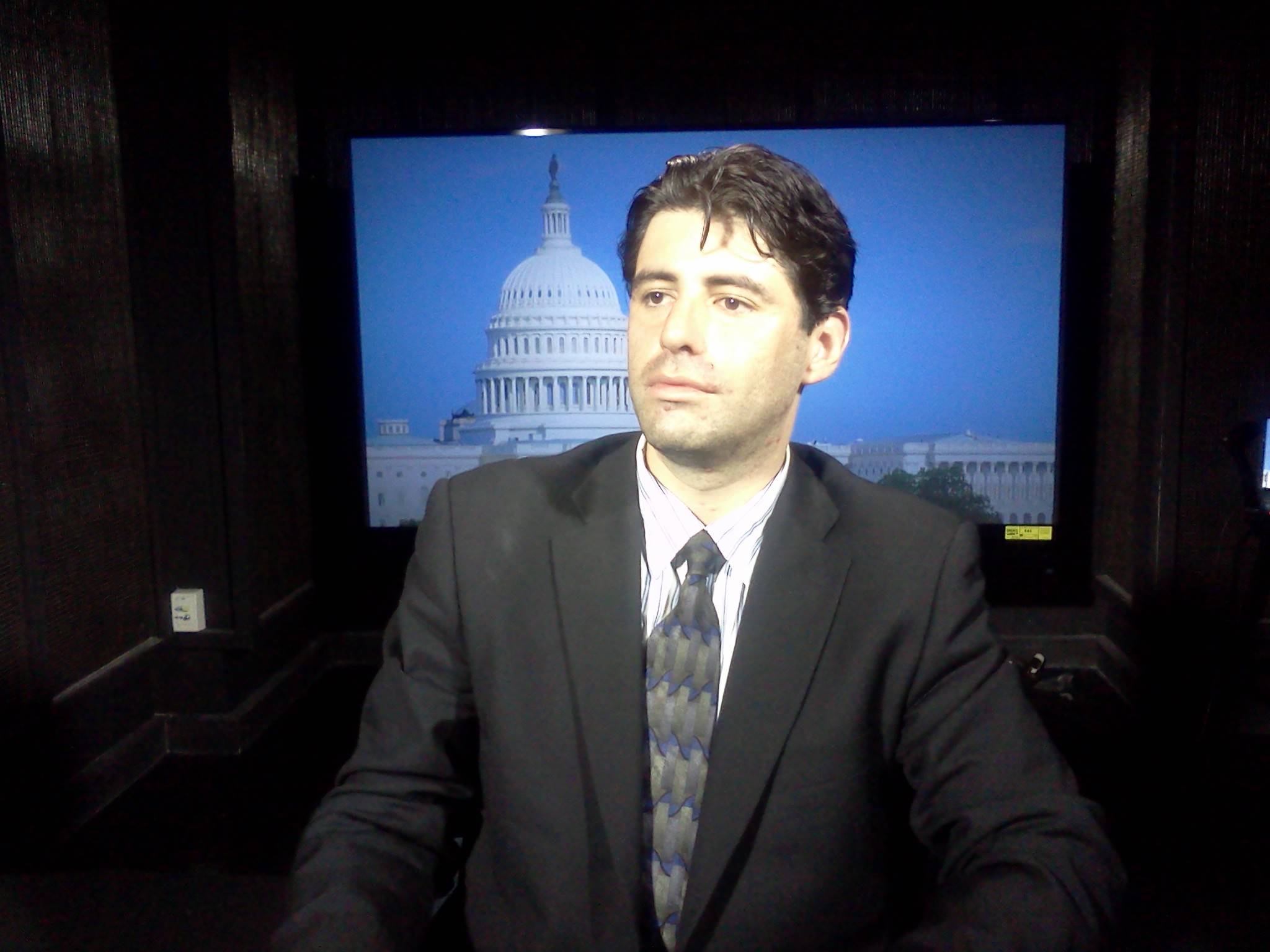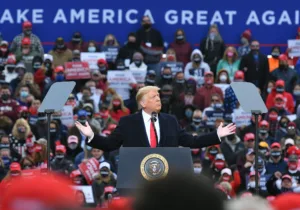Just over three decades ago in mid-April 1986, the US military carried out airstrikes against Muammar Gaddafi’s Libya in retaliation for the April 5 disco bombing in West Berlin and other Tripoli-sponsored attacks. Thirty-three years later, there is a renewed discussion regarding whether the US should become involved in Libya once again, this time to support the United Nations-backed government as it battles the forces of General Khalifa Haftar.
The New Violence
At the time of this writing, General Khalifa Haftar’s Libya National Army (LNA) is inching its way closer to Tripoli, as fighting continues against the Government of National Accord (GNA), led by Fayez al-Sarraj. A Foreign Policy analysis bluntly summarized Haftar’s motivations as follows: “His decision to launch an assault on the capital is not based on a rational strategy. It is rooted in his delusions of grandeur and megalomania. Haftar has demonstrated that he doesn’t want to win the presidency through elections or negotiations; he wants to seize it through battle or guile.” Indeed, before this new wave of violence, Haftar was one of the most important individuals in all of Libya, as his forces gained control of various regions and key assets, including oil ports and terminals.
Presently, there is little hope that dialogue could be a solution, as al-Sarraj has accused Haftar of trying to “stab him in the back” by not recognizing previous peace agreements.
Given its varied interests, the international community has had a mixed reaction to what is going on. For example, UN Secretary General Antonio Guterres visited Tripoli while the LNA was closing in, and he famously tweeted, “I leave Libya with a heavy heart and deeply concerned.” As for global and regional players, the response has been mixed as Haftar has a number of international supporters, including key US allies like Egypt, France, and the United Arab Emirates. An April 4 statement—signed by France and the UAE as well as Italy, the UK, and the US—urged “all parties to immediately de-escalate tensions, which are hindering prospects for UN political mediation.” Russia has similarly condemned the fighting and called for peace, but it has not blamed Haftar as Moscow also backs the warlord.
Is There a Role for the US in the New Libyan Conflict?
It was around the time of this writing, back in April 1986, that the US carried out Operation El Dorado Canyon. A quarter of a century later, the US military returned to Libya, this time to support anti-Gaddafi rebels via Operation Odyssey Dawn and NATO’s Operation Unified Protector. The operations enforced UN Security Council Resolutions 1970 and 1973, which included creating a no-fly zone in Libyan air space to protect Libyan civilians from Gaddafi’s forces. This support proved critical to ease the pressure in the rebel stronghold of Benghazi, as well as help the rebels reorganize and move toward Tripoli. Gaddafi was killed in October 2011.
Alas, we are talking about 1986 and 2011, and Gaddafi was a long-time US foe and an international pariah—President Ronald Reagan characterized him as the “mad dog of the Middle East.” The current situation is dramatically different and occurs at a time when the Trump administration is intent not to become embroiled in another conflict.
An April 7 statement by Secretary of State Mike Pompeo unsurprisingly states that “we have made clear that we oppose the military offensive by Khalifa Haftar’s forces and urge the immediate halt to these military operations against the Libyan capital… There is no military solution to the Libya conflict… A political solution is the only way to unify the country and provide a plan for security, stability, and prosperity for all Libyans.” The fact that the State Department calls out Haftar by name is important as this signals that Washington blames him for the violence. Nevertheless, African Command’s April 7 announcement that “a contingent of US forces supporting AFRICOM temporarily relocated from Libya in response to security conditions” (the Command has been vague about the exact details of this troop movement, citing “security reasons”) is an obvious sign that the US government does not want to become involved in this new cycle of violence. At least not now, and at least not overtly.
There are arguments that support a renewed US presence in Libya. One obvious humanitarian argument is to ease the suffering of civilians caught in the crossfire. There are also “realist” reasons. For example, renewed violence will prompt an increase in migration, as refugees flee to other countries, including in Europe. Moreover, should the violence continue, Libya could become a failed state with warring factions à la Somalia, which would help extremist movements find a safe haven there.
Ultimately, the new civil war in Libya brings up the issue of America’s future as a global leader. See, for example, the comments by Rebecca Heinrichs, a senior fellow at the Hudson Institute, on President Trump’s foreign policy and US global leadership in Providence’s Foreign Policy ProvCast. Similarly, a member of the US armed forces, in off-the-record remarks to the author, mused that “there is something to be said of the fact that we have been willing to hop into fights left and right but remain unwilling to do so for a reason that would appeal to the general public, like saving lives or helping people, which is a far better justification than what we have traditionally used to justify many of our interventions in the past 70 years.” For its part, an early April op-ed in the New York Times calls for Washington diplomatic intervention as “it is clear that the United States still retains credibility in Libya as a relatively honest broker, especially when compared with the Europeans and Arabs pursuing competing and narrow interests.”
Without a doubt, there are a plethora of opinions regarding to what degree the US should be involved in global affairs, and it will be important to monitor if Washington becomes diplomatically involved in Libya in the coming weeks as a military intervention is highly unlikely.
Final Thoughts
It is utterly heartbreaking that, after surviving the decades-long Gaddafi regime and the civil war that finally toppled him, Libya is once again in a cycle of violence as warlord General Haftar attempts to take control of the country. Regional and extra-regional powers have their own interests regarding what they want to see happen in Libya, which means that the violence will likely escalate as foreign powers (Paris, Moscow, Cairo, and Abu Dhabi) back their respective allies.
Washington has condemned Haftar’s offensive and has rightfully called for a nonviolent solution to this power struggle; however, a greater US involvement right now seems highly unlikely.
Wilder Alejandro Sanchez is an analyst who focuses on geopolitical, military, and cybersecurity issues. The views expressed in this article are those of the author alone and do not necessarily reflect those of any institutions with which the author is associated.
Photo Credit: Screenshot of Libyan troops fighting Haftar’s forces in April 2019. By France24.







 Sponsor a student for Christianity & National Security 2024
Sponsor a student for Christianity & National Security 2024